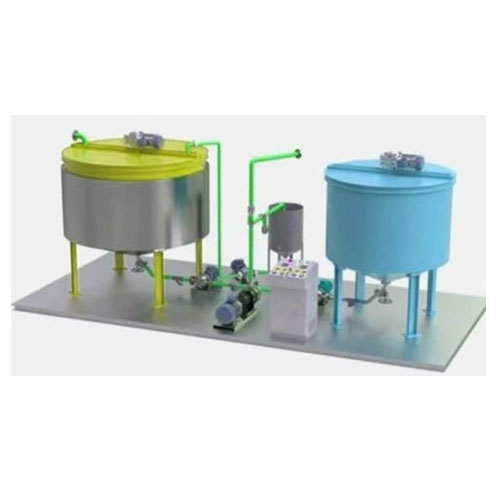
Polymer Modified Bitumen Plant
Polymer Modified Bitumen (PMB) is a specially engineered binder used in asphalt mixtures to enhance their performance and longevity. Traditional bitumen, which is derived from crude oil, can be improved by blending it with various polymers. These polymers can include styrene-butadiene-styrene (SBS), styrene-butadiene rubber (SBR), ethylene-vinyl acetate (EVA), and polyethylene (PE), among others. The addition of polymers alters the physical and rheological properties of bitumen, making it more resistant to temperature variations, aging, and deformation. PMB typically offers better elasticity, adhesion, fatigue resistance, and rutting resistance compared to conventional bitumen. The benefits of using PMB in road construction include:
PMB Plants
Improved durability and lifespan of pavements, reducing maintenance needs and costs. Enhanced resistance to cracking, rutting, and deformation, especially in high-traffic and harsh climate conditions. Better adhesion to aggregates, resulting in superior pavement strength and stability. Increased flexibility over a wide range of temperatures, minimizing thermal cracking and fatigue damage. Higher resistance to moisture damage and aging, leading to longer-lasting road surfaces.
